Why Are We Here? Wrestling with God, the Universe, and the Mystery of Existence
Reflecting on my personal journey of faith, one of the most profound questions I’ve grappled with is: ultimately, why are we here? This is more than a philosophical query—it’s the heart of the human experience, whether encountered in moments of doubt or in the steadfast belief in a Creator. It’s fascinating to think that humanity, from ancient philosophers to modern-day scientists, has persistently sought to comprehend our existence, the cosmos, and—perhaps most critically—the nature of God. In this blog, we explore the deep questions of existence, not only through faith but also by drawing from the realms of science and philosophy.
Is There a God? Searching for the Divine in the Ordered Universe
When we gaze at the universe, one of the most striking realizations is its orderliness. It’s mathematical, structured, and coherent—far from chaotic. This very sense of order provokes a higher question: does this order imply a designer, and if so, a divine Creator? As I’ve dived deeper into fields such as artificial intelligence and machine learning, both of which model systems based on logic and mathematics, the idea of a “Law-Giver” becomes compelling.
“When we look at the universe, it seems to be ordered, mathematical. Wow! It looks like it’s being designed.”
Such musings take us beyond the scope of scientific method alone. If creation isn’t arbitrary, if there’s purpose and coherence within it, could this be evidence of a Creator? This is a question which made me revisit traditional Christian cosmological arguments. I’m reminded of articles I’ve contributed in the past, including “Does God Exist? Exploring the Intersection of Faith and Science”, where I’ve discussed how intricacies of the natural world often point to a purposeful intelligence.
At the end of the day, while arguments for a Creator might sound intuitively appealing to some, others will challenge this notion entirely, presenting the idea that the laws of physics are sufficient in understanding the workings of the universe. But one thing remains clear: whether or not you believe in God, science alone doesn’t dispel the sense of wonder and mystery that underlies our existence.
What Happens After We Die? The Philosophical and Theological Debate
Another existential question that has haunted humanity throughout history is: what happens after we die? This question has enormous implications for how we live our lives. For those of faith, and particularly Christianity, the belief in eternal life after death offers assurance that death is not the end but a passage into a greater reality.
On the other hand, prevalent atheistic perspectives argue there’s no existence beyond physical death. From this viewpoint, consciousness and life cease entirely at death. However, this existential endgame doesn’t erase humanity’s search for meaning. Instead, it prompts a deeper consideration of how we live now—paving the way for reflections like the one I shared on the paradox of free will and suffering in “How Free Will Explains the Problem of Evil”.
Many who believe in God look forward to an eternal communion with the divine, while others, struggling with doubts, wonder how such a belief in eternal life stands in the face of suffering or the stark reality of natural death. It’s a mystery, one which offers no easy solution, yet holds a profound promise for those who believe. After all, in the Christian framework, Christ’s resurrection is the ultimate sign of hope beyond the grave.
God, Evil, and the Problem of Suffering
One of the most challenging hurdles on the journey toward faith is the problem of evil. If God exists and is both omnipotent and good, then why does suffering—oftentimes seemingly senseless—pervade the world? None of us are strangers to personal hardship. In my own life, whether grappling with professional failures, health scares, or witnessing global poverty, this question has served as a constant thorn in my side.
As theologians have pondered for centuries, suffering might be part of a larger divine plan beyond human comprehension. But for many, this feels like “biting the bullet,” accepting a harsh reality with hope that God’s reasons, if they exist, are far greater than we can grasp. While atheistic perspectives might suggest that there’s no need for God to explain evil (it’s simply a natural consequence of the laws of the universe), this response doesn’t eliminate the personal significance of suffering—and how we choose to react to it.
“Is this the kind of world a loving God would create?”
It is precisely during these moments of doubt and pain that my faith has been tested the most. And yet, time and again, I’ve found that these tests have tempered my faith like gold refined in fire. This process is a focal point of an earlier topic under the “Understanding God’s Omniscience and Omnipotence” where I explored the complexities of God’s foreknowledge, our free will, and how these dimensions intertwine with the suffering we witness.
Whether you’re a believer or a skeptic, wrestling with evil is part of the human condition, and as we strive to make sense of it, many of us turn to God not to explain suffering per se, but to find a reason to hope, to believe that love and grace triumph in the end.
Where Do We Go From Here? The Journey of Faith in a World of Skepticism
Whatever side of the belief spectrum you fall on, one fact remains: the quest for God is as old as humanity. Whether you are convinced of the divine or merely questioning, the search for meaning continues to fuel both religious and scientific inquiry. In a previous blog, “The Simple and Quiet Life: Following Jesus in a World Obsessed with Fame”, I wrote that pursuing a deep, personal relationship with God amidst a noisy, complex world is one of the most profound choices one can make. But at the core of that journey lies these very questions of existence, morality, and eternity.
While many today argue that our material universe is sufficient to explain all of existence, I remain compelled by the deep sense of awe and wonder that transcends the physical. As Robert Lawrence Kuhn once articulated, “Thinking about God will always change how we think about ourselves.” To me, the endeavor to understand God is less about categorizing the divine or constructing empirical arguments, and more about engaging the mystery—and there is no mystery greater than that of why we are here.
The journey is ongoing, filled with more questions than answers, yet in the pursuit itself, I believe we find glimpses of the divine, moments where faith and doubt intersect and coalesce into something beautiful.
Conclusion: Embracing the Mystery
Whether you are steadfast in your faith or have moments of doubt, it’s clear we’re all participating in this divine mystery called life. As we continue to wrestle with the questions of why we’re here, whether God exists, and what awaits after death, my hope is that this shared journey encourages dialogue, reflection, and, ultimately, a deeper sense of connection to something greater than ourselves.
We may never fully unravel these mysteries in our lifetime, but perhaps it’s the unanswerable nature of these questions that drives us closer to faith—to trust that the Creator of the cosmos holds the answers just beyond the reach of our understanding.
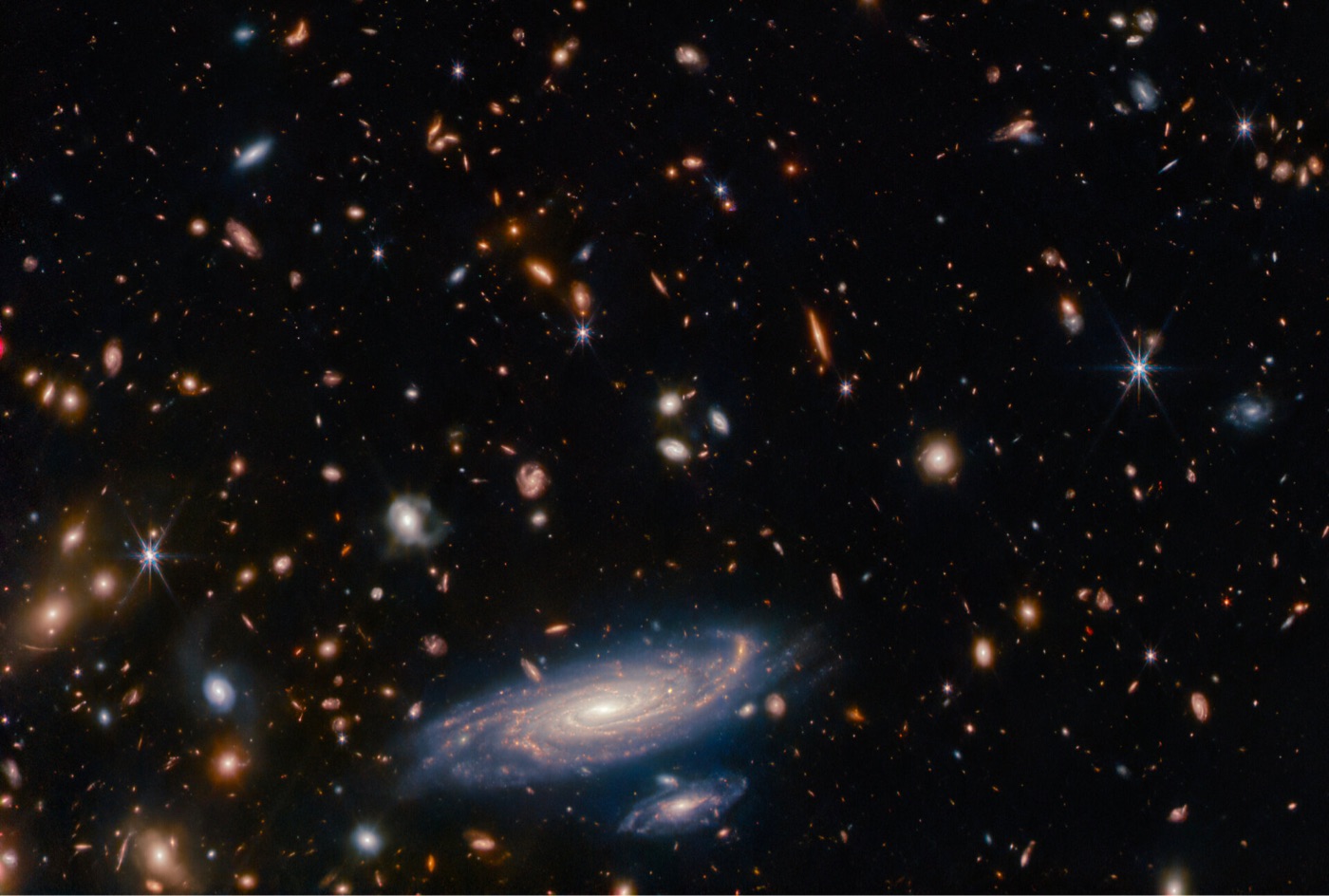

Focus Keyphrase: Why are we here
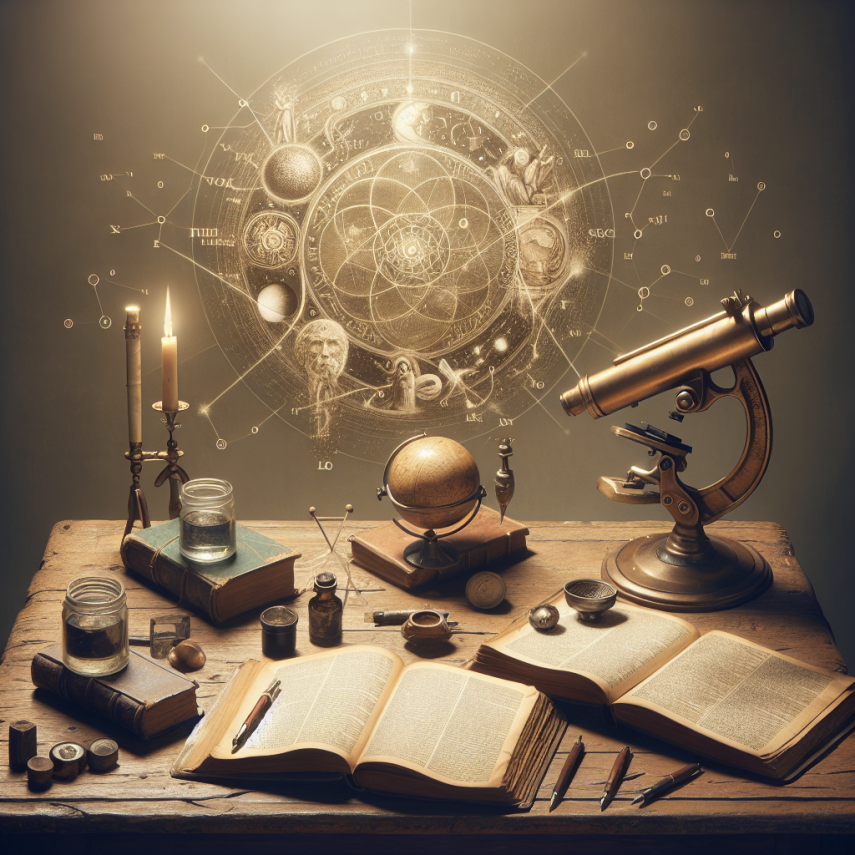
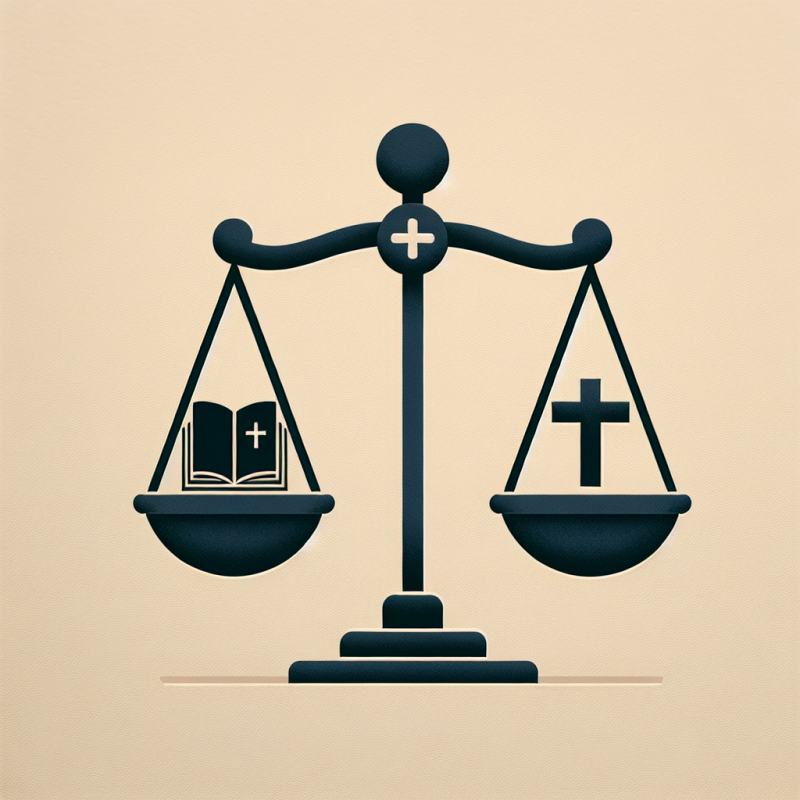
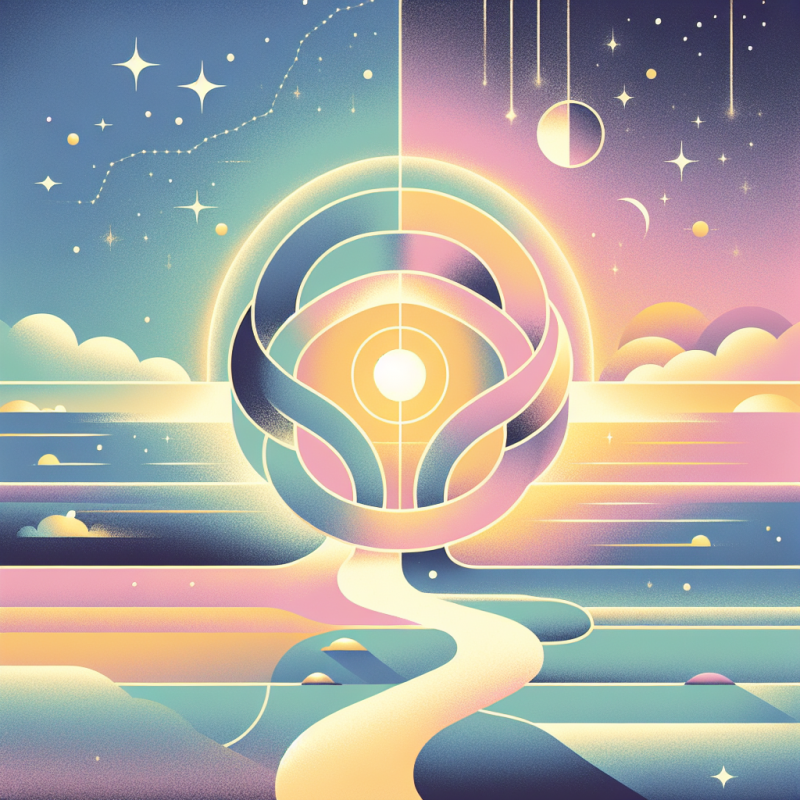
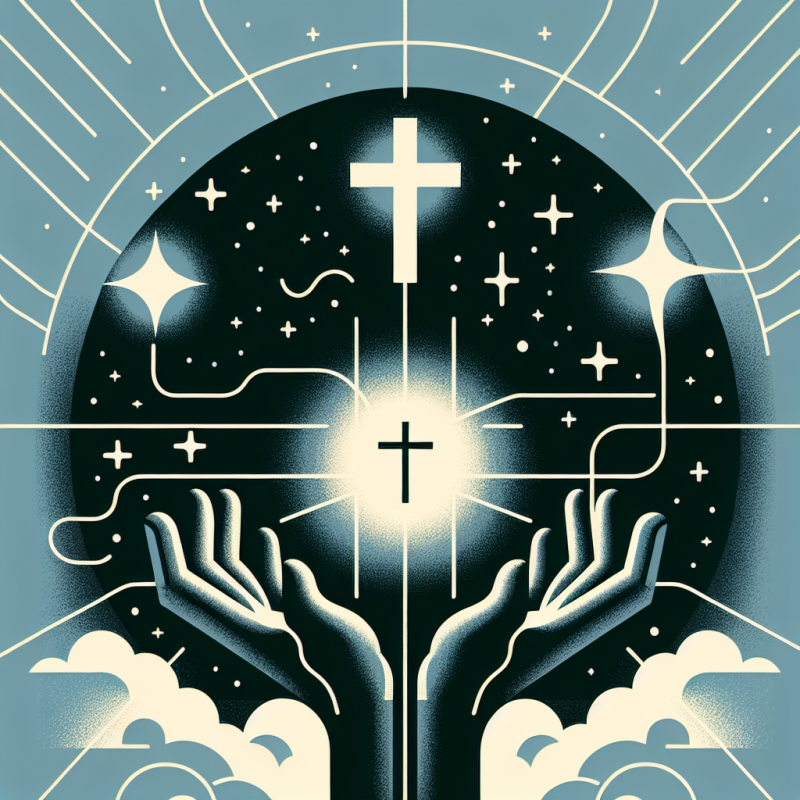
This article aims to explore the deep existential questions that unite humanity, regardless of belief. I hope it invites a contemplative journey for both believers and skeptics.
This was such a thought-provoking read! I’ve often struggled to reconcile the ideas of suffering and a loving God. Your approach to faith and doubt coexisting really resonates with me.